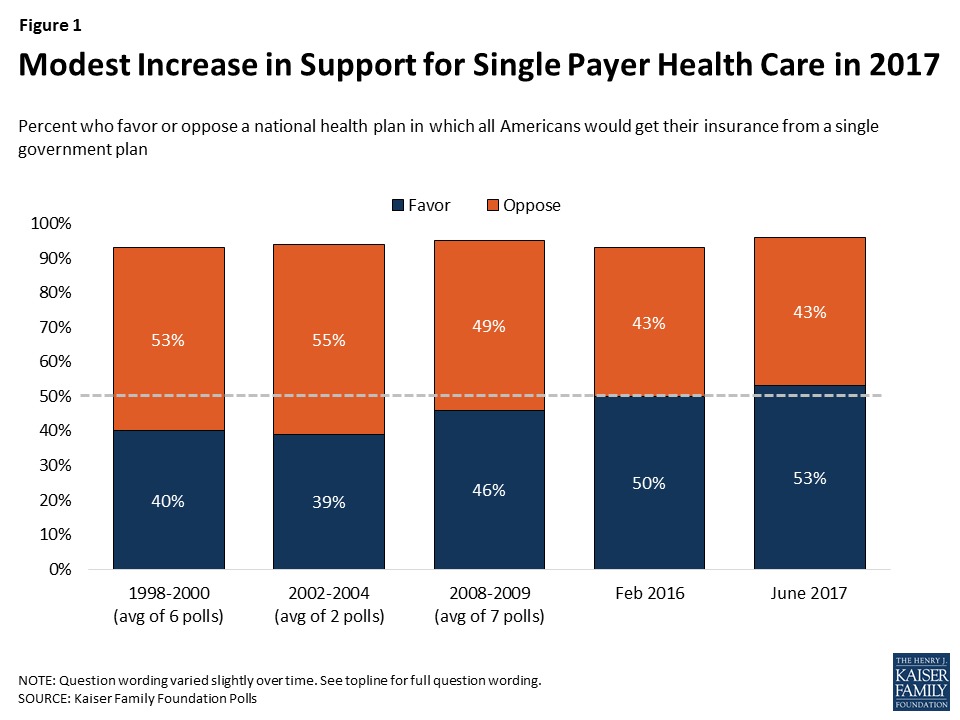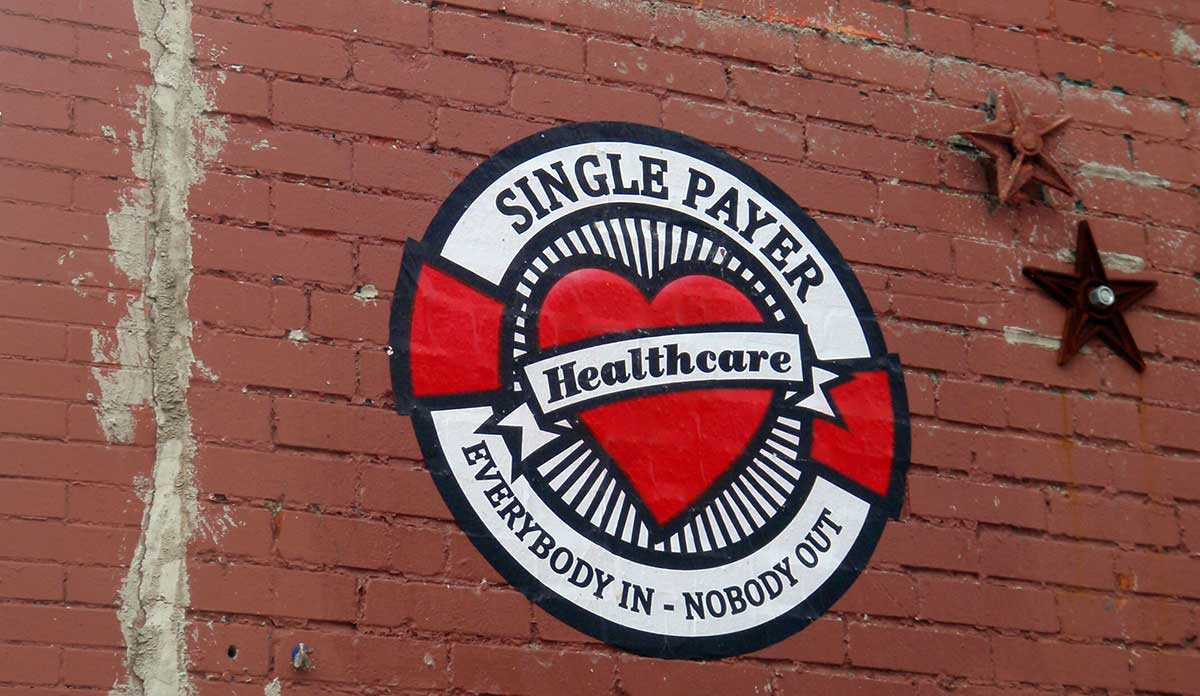Mitch McConnell has hit another stumbling block in his quest to repeal Obamacare. At least four Senators have announced they will not support the replacement bill Senate leadership has been trying to advance. Jerry Moran (R-KS) and Susan Collins (R-ME) oppose the bill because it’s too aggressive while Rand Paul (R-KY) and Mike Lee (R-UT) say it’s not aggressive enough. This is a very tough needle to thread given that McConnell can only afford to lose two votes.
Four Options
Republican leaders have four options at this point: 1) work with Democrats to do reforms that both sides agree are needed, 2) try again to find a compromise that would appeal to exactly 50 Republican Senators, 3) give up and move on to something else, or 4) follow calls from President Trump and Ben Sasse (R-NE) to vote now to repeal the Affordable Care Act (ACA) but with an effective date a few years down the road, giving Republicans time to work on a compromise.
Working backwards through these options, delay and replace is a terrible idea that almost certainly won’t work. Republicans have had seven years to come up with a replacement to the ACA, there is little reason to believe that anything will change in the next year or two. I’m skeptical enough Senators would agree to this. I need to ask my lawyer and parliamentarian friends, but could delay and replace be done through reconciliation? If not the vote threshold would be 60 instead of 50. There are not 60 votes for this in the Senate.
Moving on makes the most sense politically. The people who are under the most pressure to repeal Obamacare can say they did everything possible and it’s not their fault repeal failed. The House can blame the Senate. Conservative Senators can blame McConnell or the moderates. In any case, Republican members of Congress may rather oppose Obamacare than replace it. It’s much easier and politically more valuable to continue criticizing something than to have to figure out how to fix it or risk being blamed for all the negative implications of the fix. Is it too cynical of me to suspect that some Republicans hope they can’t get a bill through?
If I had to bet money I would guess that McConnell chooses option two, keep trying to thread the needle to get exactly 50 votes to support something – anything. I don’t know what that compromise would be, but the path would likely be to cast the moderates aside and try to win over hard-liners like Mike Lee and Rand Paul.
I don’t expect McConnell to work on a bi-partisan compromise. He told Republicans that if they couldn’t agree among themselves he would would work with Democrats and the product would be more moderate than they would like. His comments in the day since the latest bill failed suggest he was not serious and that this threat of bi-partisanship was merely an attempt at leverage to convince hold-outs to give in.
Single Payer?
There is a fifth option that won’t be considered but maybe should be: single payer. I have heard a lot more chatter about single payer lately, but I have dismissed it as coming from young naive students who don’t appreciate the level of opposition to expanding the role of government or from liberal New Englanders out of touch with the rest of the country.
But then the most interesting thing happened – she pivoted to saying that Reagan didn’t fully oppose Canadian-style health care and that if he were around now he would support it. “I think the way Canada has it is it. We want it!”
A conversation I had last week with a Trump voter in Mississippi changed my perception about the source and degree of support for single payer. This person works in healthcare, dislikes Obamacare, and is proud to support Trump. “He’s got a mouth. He’s bold. We need that,” she told me. “We are bold people down here. We’re stand-up people, mouthy. Some of us feel like the forgotten and the only way to be heard is to be heard. I like him for that.”
She is furious that no one in Washington is standing up to the insurance industry. She is not optimistic about the bills advanced by Paul Ryan and Mitch McConnell because they retain a prominent role for private insurers. She thinks it is obscene that insurance companies are making record profits while squeezing patients with higher premiums and higher deductibles while also squeezing providers with lower reimbursements. “No other industry gets to decide its prices,” she told me. “We feel fortunate to get 20% of what we billed… Whether we have Obamacare, the new Republicans, or whatever, we won’t solve the problems until we get a hold of that.”
I tried to unpack her perspective by asking if she would support a system in which the government would set prices for all procedures. We could keep private insurance but change their role from a for-profit industry with a fiduciary responsibility to make money to having more of an administrative function. I didn’t tell her I was describing key elements of the French health care system. She loved it.
I inquired further, this time telling her about a fascinating article I read suggesting that Trump voters would support a single payer health care system. This time I told her I was thinking of Canada as a model. Before I could even finish my question she was saying “Amen. Amen. Yes please!” She would love that her practice could focus on care rather dealing with insurance companies who make money by denying claims. She could build a business model around predictable prices.
I pointed out that Bernie Sanders and Democrats going back to the 1960s and beyond have proposed government-run universal health care but that people like Ronald Reagan killed it by labeling it big government socialism. She swooned at the mention of Reagan, interrupting herself to say how much she loves him. “That president was good. He had common sense.” But then the most interesting thing happened – she pivoted to saying that Reagan didn’t fully oppose Canadian-style health care and that if he were around now he would support it. “I think the way Canada has it is it. We want it!”

This obviously should be taken with a grain of salt as one conversation with one Trump voter, but her comments are consistent with what others have been hearing and with what Donald Trump himself said during a meeting with the Australian Prime Minister. A recent Kaiser Family Foundation poll found that a majority of Americans now favor single-payer. Support is considerably lower among Republicans, but more work needs to be done by pollsters to understand how Trump supporters think about single payer. Trump clearly does not play by the same partisan left-right rules as everyone else, but might be the best positioned president in decades to advance single payer.
Feature image: Daniel Lobo, Sanidad universal, used under CC BY 2.0.
Graph from Kaiser Family Foundation.













